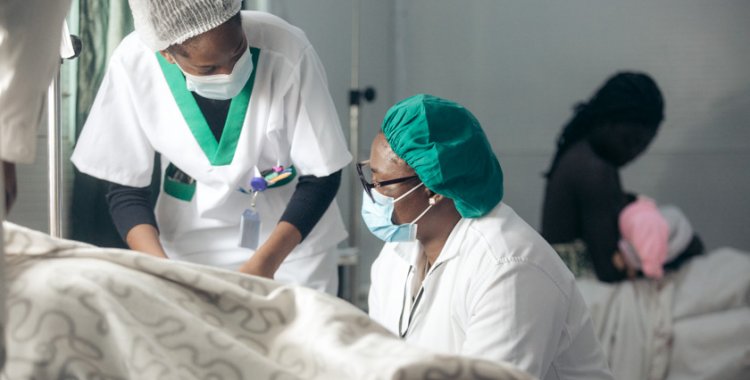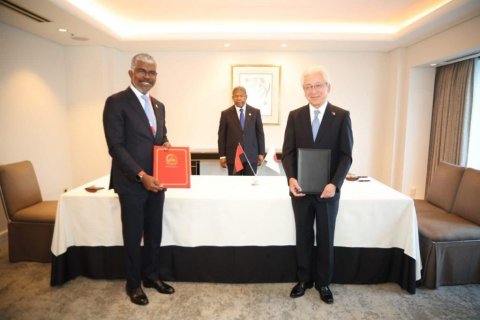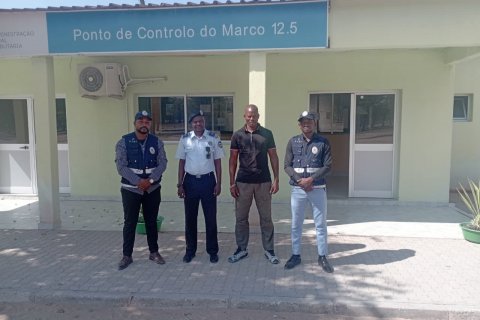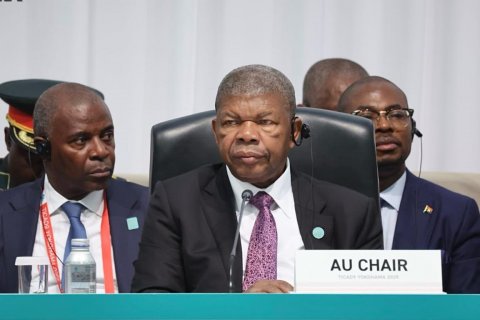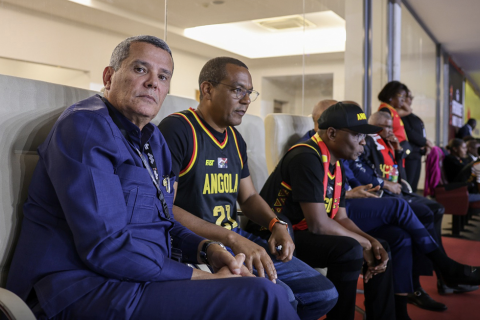The Angolan Network of AIDS and Major Endemic Service Organizations (ANASO), which celebrates 30 years of existence, said that Angola continues to invest in a medicalized response, building hospitals, “which is good”, but despite this effort there is still a lack of humanization in health services and the country “continues to record constant shortages of first-line medicines” for AIDS, tuberculosis and malaria.
ANASO, which brings together 315 member organizations spread across 18 national provinces, and its members also understand that the time “is for prevention” to help reduce the burden of diseases on the health sector, highlighting that Angola's epidemiological profile is still dominated by communicable diseases.
Malaria, the main cause of deaths and hospital admissions in Angola, represents 29 percent of the demand for health care and 45 percent of deaths registered among children under five years of age, tuberculosis has a relatively high morbidity and mortality rate with a high rate of incidence and AIDS continues to be a concern due to high rates of stigma and discrimination, highlights the NGO.
In the message alluding to its 30 years of existence, ANASO even defends the creation of a support fund for community actions to prevent AIDS, tuberculosis and malaria and that the country needs a national community health policy.
He considers that a national community health policy must empower community leaders and establish a “robust and sustainable community reference structure” that contributes to achieving universal coverage of primary health care.
“For this reason, ANASO will continue to advocate for the accountability of decision makers and the implementation of actions based on the interaction between science, activism and politics, leaving no one behind”, says in the message signed by the president of the association, Antônio Coelho.
ANASO, established on August 20, 1994, still regrets not obtaining, to date, the status of an institution of public utility, despite its “indisputable social participation and its historic journey in favor of Angola and Angolans”.
Since its creation, ANASO's historical trajectory has been marked by many difficulties in asserting itself, always counting on the “timid support” of the executive and other partners, the message also highlights, adding that financial limitations “did not allow us to do much more ”.

